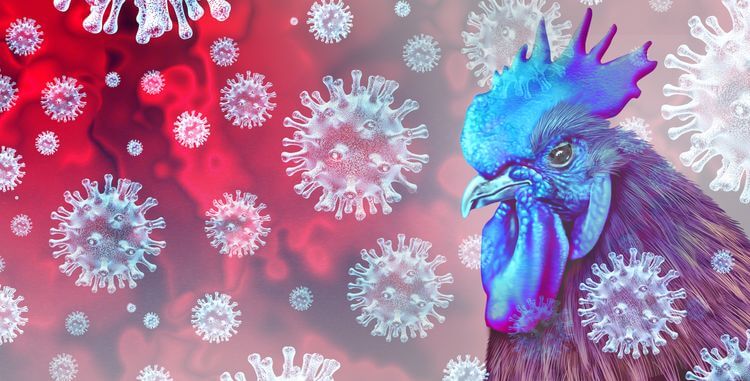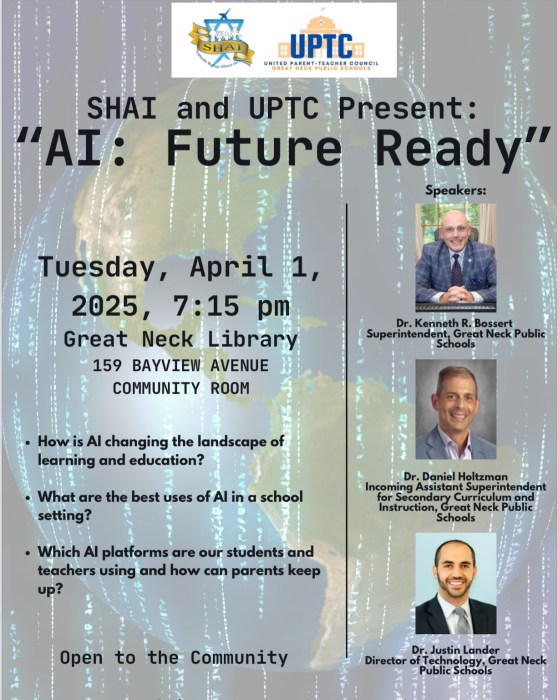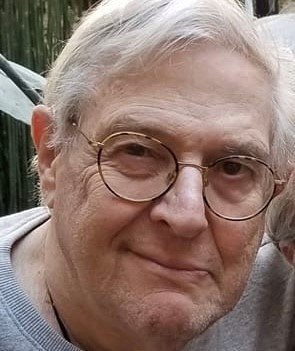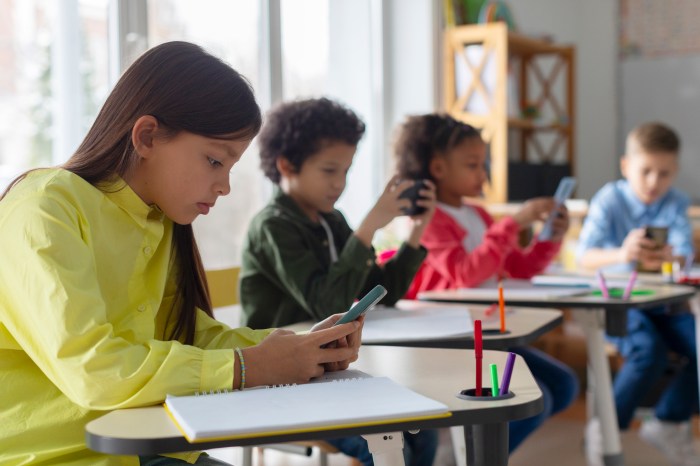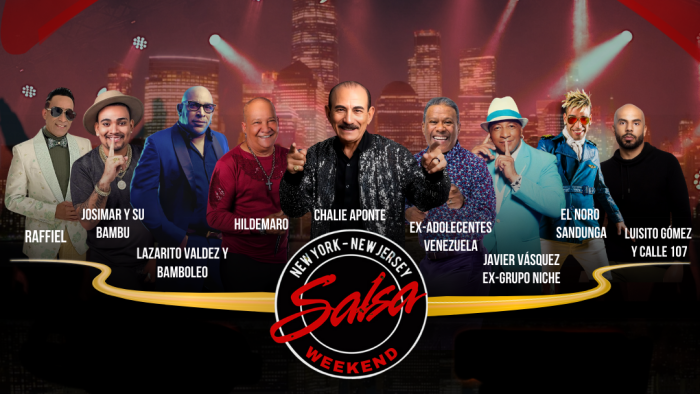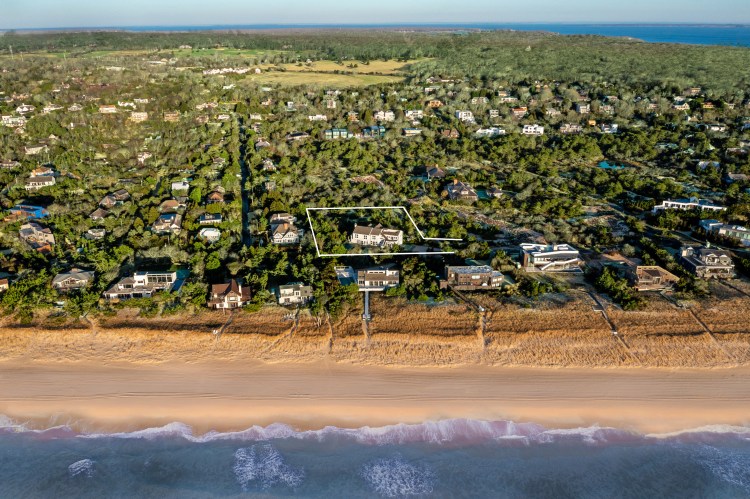Covid-19 brought wet markets and factory farming into the spotlight; the abuse, overbreeding, and unsanitary conditions found at these sites are likely responsible for current and future pandemics. And while wild birds are taking the blame for the most recent avian flu, the true source of this disease are these dirty, contaminated locations where birds are facing immense cruelty and ultimately, death. As it turns out, the avian flu is just another human-caused disease that could certainly have been prevented.
John Di Leonardo is an anthrozoologist, wildlife rehabilitator, and president of Humane Long Island, formerly known as Long Island Orchestrating for Nature (LION). Di Leonardo has successfully led campaigns to stop numerous circuses, exotic animal acts, deer massacres, and goose massacres on Long Island, and is also responsible for the majority of the domestic fowl rescues from Manhattan to Montauk.
“Avian flu starts by mutating on poultry farms, and once one bird tests positive, hundreds of thousands are deliberately suffocated by either shutting down ventilation and pumping in heat where they are literally cooked alive only after slow and painful suffering, or by drowning birds in a foam substance that fills the entire barn,” says Di Leonardo. “The first human transmission of this disease in the United States was actually to a poultry worker tasked with mass killing these animals. Unfortunately, birds are exempt from the Humane Slaughter Act and Animal Welfare Act, leaving them with no federal protections against this level of extreme abuse.”
Avian flu is spread between infected and healthy, often wild birds. It can be transmitted when birds come in contact with water or feed, and humans can spread it indirectly by carrying it on clothes or shoes. Therefore, if you have a pet bird in your home, you should refrain from feeding or attracting wild birds at this time to suppress the spread of the disease.
While the avian flu is a national crisis, Long Island is seeing an uptick in cases. According to Di Leonardo, the agricultural industry, whether on hunting ranches or poultry farms, is responsible for the spread of these diseases. The good news is that we have the power to stop this and future pandemics from occurring.
“The best way to protect ourselves and our planet is to keep animals off our plates and out of our classrooms. Become a voice for the voiceless by contacting your local legislators and support those bills with the power to stop animal abuse.”
For more information about protecting ourselves and animals, or how to get more involved with this and other important causes, visit Humane Long Island’s website at humanelongisland.org.
Sign up for Long Island Press’ email newsletters here. Sign up for home delivery of Long Island Press here. Sign up for discounts by becoming a Long Island Press community partner here.




